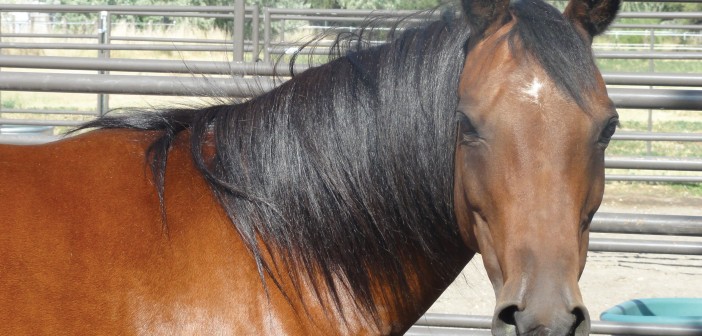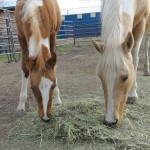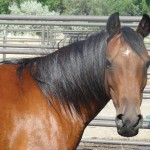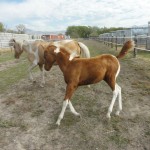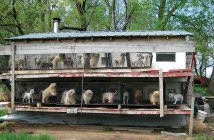Interested in getting a horse? They are such magnificent animals, who hasn’t considered it? However, before jumping into that saddle, you should be aware of the responsibilities associated with having a horse and be prepared.
Catherine Kirby, founder of Noble Horse Sanctuary, can attest to the fall-out for unprepared owners. “We receive calls every day from people who are unable to care for their horses. We are not able to take in every horse.” Consequently, at the horse sanctuary, she now has a program to educate families on how to care for their own horses.
If you are thinking of getting a horse, don’t horse around. To ensure the best outcome for everyone and the horse, Kirby offers many factors to consider before getting a horse.
Before you buy or adopt a horse:
- Take an experienced person with you to help you pick a horse that suits your family.
- Watch, observe, and learn from the horses. Pay particular attention to the horses’ body language and how they interact with one another. Their behavior will indicate the character of the horses.
- Volunteer at your local horse sanctuary and learn about the proper care and attention horses require.
- Every child should take riding lessons before purchasing a horse.
- A good alternative to purchasing a horse is to lease one. You pay for board and sign a year lease; in exchange, you get experience riding and caring for the horse. Some people purchase the horse at the end of the lease.
- Have a veterinarian do a pre-purchase exam to make sure the horse is in good health. (If you cannot afford the exam, you probably cannot afford the horse.)
When you find your perfect horse, make sure you are able to cover her basic needs, such as feed and hay, to make sure the horse remains at optimum weight. Also consider seasonal requirements. You need more feed in the winter months because the ground is frozen and grass is sparse, if any grass is available at all. It is important to provide clean water every day. She will need adequate shelter to protect her from the heat and the cold. You don’t want your horse getting sun burned or suffering from heat exhaustion. She will need something to block the wind and the cold during the blustering Utah winters, and lots of nice bedding. You will also need to provide an adequate turn-out area where she can get plenty of exercise.
Kirby also advises vaccinating to protect the horse from various diseases. You can take fecal samples to check for worms, and Kirby recommends worming once a year, unless something shows up in the sample. Be sure to also schedule the farrier to come over every six weeks to keep your horse’s hooves in good shape.
Once you bring your new horse companion home, the fun begins. Don’t immediately hop on the horse and go trotting around the pasture. Instead, Kirby suggests spend some time grooming her. This is a good time for bonding, as most horses enjoy being brushed and gently washed. Once the trust has been formed, it is time to begin training. Kirby says, “Some horses are easier to train than others, and it often takes months, and sometimes years, to get them broke well, with good manners, and safe to ride.”
If you follow these helpful suggestions, you and your family will enjoy years of happiness with your healthy, fun-loving horse companion.

